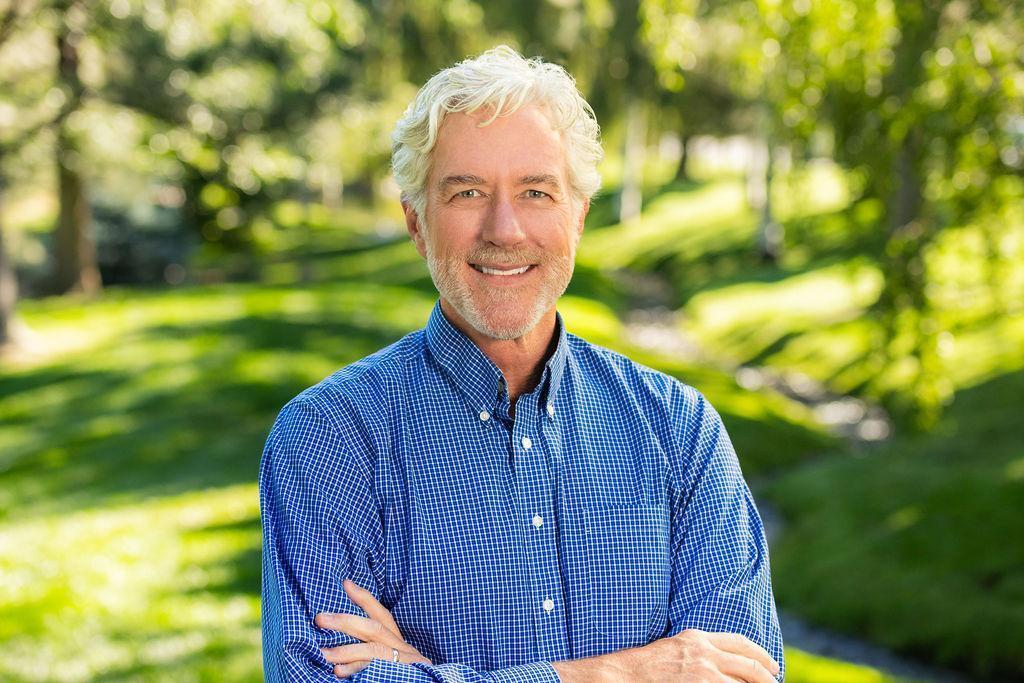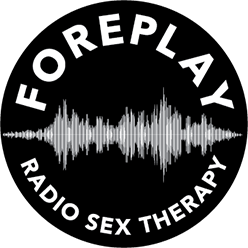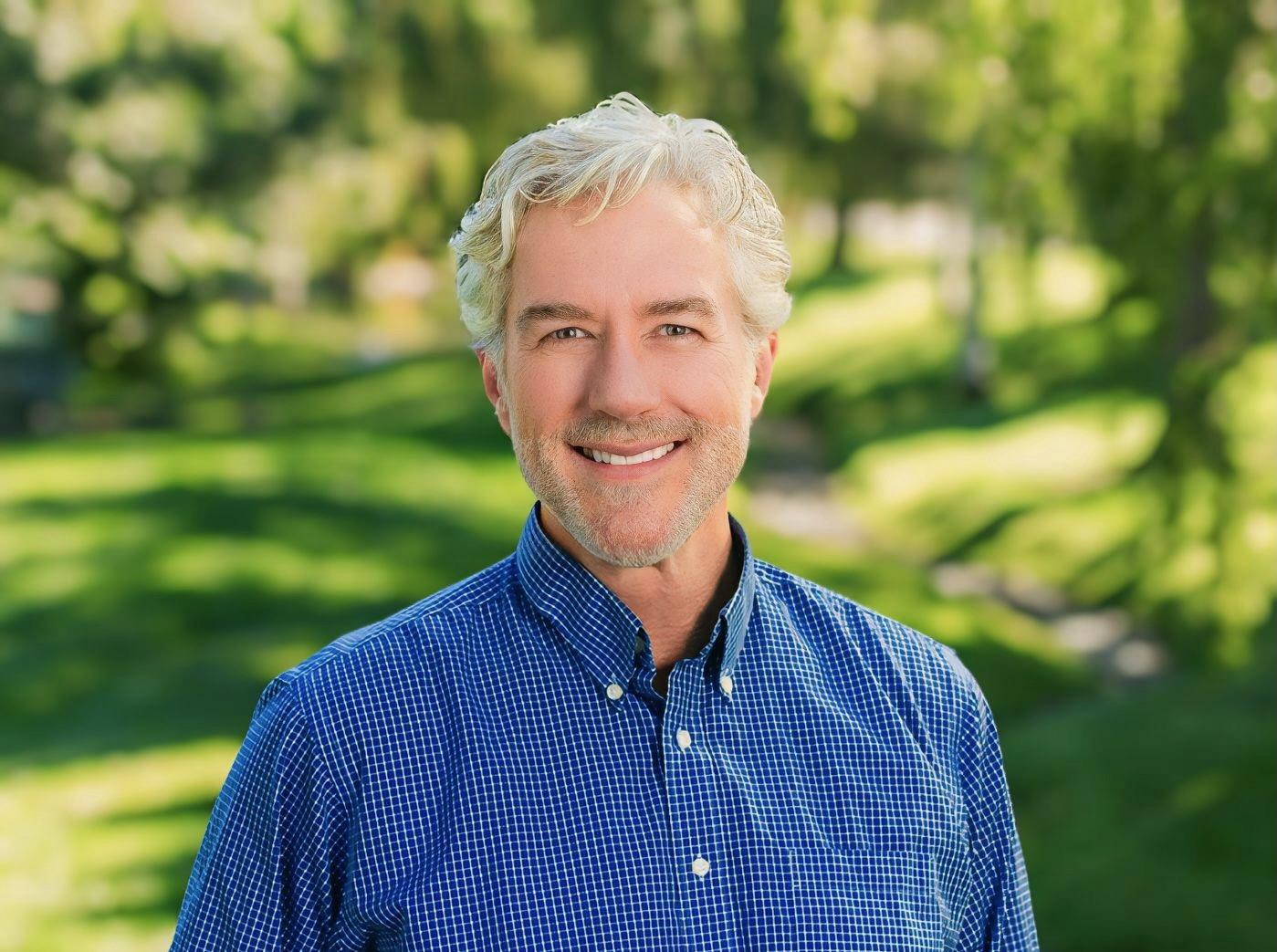Therapy Process & FAQs
Starting Couples Therapy? What to Expect in Your First Sessions
What to Expect in Couples Therapy: A Path to Clarity and Healing
If you and your partner are considering couples therapy in Reno, you might wonder what to expect. Will it help? How does it work? This article gives you a practical overview of how couples therapy—especially Emotionally Focused Therapy (EFT)—can support your relationship. EFT is a highly researched, effective, and non-judgmental approach that helps partners reconnect, communicate, and heal. Learn more about Emotionally Focused Couple Therapy here.
Expect Respect and Honoring of Your Values
Very importantly, you will be met with respect for your personal and shared views and values. Our therapists have expertise in helping couples experience reaching to one another in a heartfelt, connected way. But we are humble, because you are the expert in your unique relationship and what you want for it. In this sense, we’re like highly-trained consultants helping you move toward your goals. Our therapists will guide, advise and direct- but they will never tell you what to do.
You should never feel judged or “ganged up on.” My colleagues and I continually monitor our working alliance with you. It’s critical for us to know and make a correction when one of our clients doesn’t feel like we’re getting them.
What Is Emotionally Focused Therapy for Couples?
EFT is a type of couples therapy grounded in the science of attachment, which describes how we bond with one another. Attachment science also describes what can happen when bonds rupture. It’s based on the idea that emotional connection is key to feeling accepted and cared for, and this in turn leads to lasting, fulfilling relationship. During EFT sessions, we’ll work together to identify and change patterns that keep you and your partner feeling disconnected. This isn’t about blame; instead, it’s about understanding each other’s needs and learning how to respond with care and compassion.
Expect EFT to focus on:
- Helping each partner feel safe and supported.
- Encouraging open, honest emotional communication.
- Building a secure foundation for lasting change.
With EFT, you’ll learn to shift from reacting in frustration or silence to reaching out in a way that helps your partner feel seen and valued. The goal is that partners begin to experience their importance to one another. Further, that this importance is what drives heightened reactions to feeling disconnected.
What Actually Happens in a Couples Therapy Session?
In your first session, we’ll discuss what brought you both to therapy and what you hope to achieve. Don’t worry—there’s no “right” way to start. I’ll guide the process, and together, we’ll create a comfortable, respectful space for each of you to share your perspective. You’ll leave this session with a high-level map for our upcoming work together.
Here’s a typical structure for couples therapy sessions:
- Identify Relationship Patterns: We’ll uncover the cycles that lead to conflict or distance. Understanding these patterns helps you both feel less stuck.
- Practice New Ways of Communicating: You’ll have the chance to learn and practice new communication skills, often in the form of guided conversations.
- Develop a Deeper Connection: Through honest, vulnerable conversations, you’ll work towards feeling more secure and connected.
Emotionally Focused Couple Therapy (EFCT) in Reno is a structured and collaborative process designed to help you and your partner repair and strengthen your emotional connection. It’s grounded in the understanding that most relationship struggles stem from feelings of disconnection, hurt, or fear that often go unspoken or misunderstood.
Step-By-Step: What the Couples Therapy Process Looks Like
- Understanding Your Relationship Patterns
In the early sessions, we’ll work together to uncover the recurring patterns of interaction that may be keeping you stuck. Often, couples find themselves in cycles of conflict, withdrawal, or miscommunication that lead to frustration and distance. We’ll identify these cycles and help you see them as the shared challenge to overcome—rather than blaming one another. - Exploring the Emotions Beneath the Conflict
EFT focuses on the emotional experiences that drive your interactions. You’ll both have the chance to safely explore and express deeper feelings—such as fear of rejection, loneliness, or longing for closeness—that may be hidden behind anger or frustration. This can be a powerful step toward understanding and validating each other in a new way. - Rebuilding Trust and Security
As the therapy progresses, you’ll practice turning toward one another with greater vulnerability and openness. With support, you’ll learn how to respond to each other’s needs for comfort, reassurance, and connection, creating a sense of safety in the relationship. - Creating New Patterns of Connection
The ultimate goal of EFT is to help you and your partner build new, healthier patterns of communication that foster closeness and resolve conflicts in a way that brings you closer together. These skills will help you navigate future challenges as a team, with a stronger foundation of trust and emotional intimacy.
For more on these sessions explore our page about couples therapy here.
How Long Does it Take to See Results?
Everyone’s starting point and experience are unique, but most couples notice positive changes within the first few sessions. With EFT, it’s been my experience that significant shifts have occurred after about 4–10 sessions, depending on the issues at hand. Along the way, partners build trust in each other and confidence in their ability to work through challenges together. A full course of therapy with my colleagues and I is usually in the neighborhood of 18-24 sessions, spread out over time. That said, most of the couples I work with continue periodic meetings in order to have a place to work through impasses, and very importantly, to reinforce successes.
Ready to Take the Next Step in Your Relationship?
If you’re ready to explore how EFT in Reno can help, reach out to schedule a session. Visit www.csheehanjr.com to get started. Taking this step can feel daunting. From the moment you talk with our Care Coordinator, we’ll make getting started a clear and easy process. We know your decision to move forward with therapy is a major commitment to your relationship. Let’s work together to create the relationship you want and deserve. You can schedule a free couples therapy consultation with one of our therapists. Use the online contact form you’ll find here, or call us at 775-235-2205.

Foreplay Radio Podcast
Sex therapist advice for relationships. This podcast features our EFT colleagues and friends: nationally-acclaimed sex therapist, author, and blogger, co-host Laurie Watson, PhD, LMFT talking with co-host George Faller, LMFT – global leader in couples therapy, author, and supervisor & trainer in Emotionally Focused Therapy about the vital topics of sexuality, marriage, eroticism, and committed partnership. With decades of counseling experience for each of them, these two internationally-known therapists bring you concrete tools for your relationship. Contact us for more information on improving your connection.
Meet Cornelius Sheehan, LCSW- Director
Counseling with Reno Therapist Cornelius Sheehan, LCSW
About me as a therapist:
For more than 20 years, I have worked with couples and individuals. I understand how important it is to have a secure, connected, and hopeful relationship. I specialize in attachment-based, Emotionally Focused Therapy (EFT) for individuals, marriages, couples, and families in Reno. I am certified as an Emotionally Focused Therapist and Supervisor. I use primarily EFT in my work with couples, individuals, and families. The things I appreciate most about EFT are its effectiveness, research-based approach, and strong theoretical foundation. But EFT is also a client-centered model. A client-centered model of therapy means that the therapist prioritizes the client’s perspective, emotions, and autonomy in the therapeutic process.
A few years ago, I started Individual & Relationship Counseling Associates in Reno, NV. A small, collaborative therapy group dedicated to excellence in attachment-focused therapy.
I have had the privilege of helping hundreds of couples and families repair ruptures and connect again. Along the way, helping at least as many individual clients become more self-aware and accepting. I’ve supported these clients in successfully dealing with depression, anxiety, and relationship problems.
Attachment theory’s empathy, curiosity, and non-judgmental stance align with my natural style. Although I bring expertise in therapy, I see you as the expert on your life and goals. Thus, I commit to approaching our work together with humility and curiosity.
One of my proudest professional achievements is starting a counseling program for inmates at the Washoe County Sheriff’s Office in 2004. We developed a novel and highly successful program to help reduce recidivism, especially for “failure to comply” violations. The program was funded by inmate purchases. I actively participated in these programs until 2011, when I dedicated myself full-time to private practice.
Another accomplishment that has brought me a lot of joy has been mentoring students and interns, guiding them to find their unique paths as professionals in the field of therapy. Additionally rewarding is the work I do helping train and supervise therapists wanting to learn EFT in Reno.
In addition to my work with individuals and couples in therapy, I also co-facilitate Hold Me Tight® couples retreats here in Reno. These retreats offer couples a chance to step away from daily life and focus fully on their relationship. Guided by the principles of Emotionally Focused Therapy, the retreats help partners understand the patterns that keep them stuck, learn new ways to communicate, and rediscover a sense of safety and closeness together. Over the years, it’s been incredibly rewarding to witness how these weekends can transform a couple’s connection and inspire hope for lasting change.
About me as a person:
I always remember being profoundly curious about people and relationships. We are all so complex, with so much happening beneath the surface.
I find this complexity fascinating. I feel lucky that my interest has guided me to a profession I love. Moreover, it motivates me to stay current with changes in the field.
My wife Tammy and I live with our three rescue dogs. We have three adult children. Born in San Francisco, I have lived briefly in a few different places, but Reno has always remained home base.
Learn more about therapy in Reno with Cornelius
You can inquire about counseling with Reno therapist Cornelius Sheehan, LCSW and our team of highly-trained EFT therapists here. Call us at 775-235-2205 and we’ll be happy to discuss how we can help. Sessions with Cornelius range from $185 to $210 for 55-min meetings, and $260 for 90-minutes. Insurances accepted include Hometown Health Plan. Two-day weekend intensive sessions are available (call for details).

Cornelius is invested in Reno and Nevada:
Since 1974, I have resided in Reno, deeply committed to this community. I attended Reno High School and UNR. I actively participate in various advisory roles for Reno and the State of Nevada.
Additionally, I founded Relationship Health Counseling Associates to enhance services for clients in this area and provide highest quality professional development for therapist interns in Reno.
Cornelius specializes in Emotionally Focused Therapy (EFT for couples, individuals and families). He supervisors clinical interns and candidates for EFT Certification. He is the Founder / Director of rceft.org, the Reno/Tahoe Community for Emotionally Focused Therapy. You can learn more about EFT at rceft.org and iceeft.com. ICEEFT is the International Center for Excellence in Emotionally Focused Therapy.
Nevada License Number: 5605-C
Cornelius works with clients aged 18-years and older, and children in the context of family therapy.
Cornelius’s Specialties and Expertise
Top Specialties
- Relationship Issues
- Anxiety
- Depression
Expertise
- Certified Emotionally Focused Therapist
- Divorce
- Family Conflict
- Marital and Premarital
- Cancer
- Grief
- Infidelity
- Internet Addiction
- Lesbian
- Men’s Issues
- Mood Disorders
- Parenting
- Peer Relationships
- Self Esteem
- Veterans


